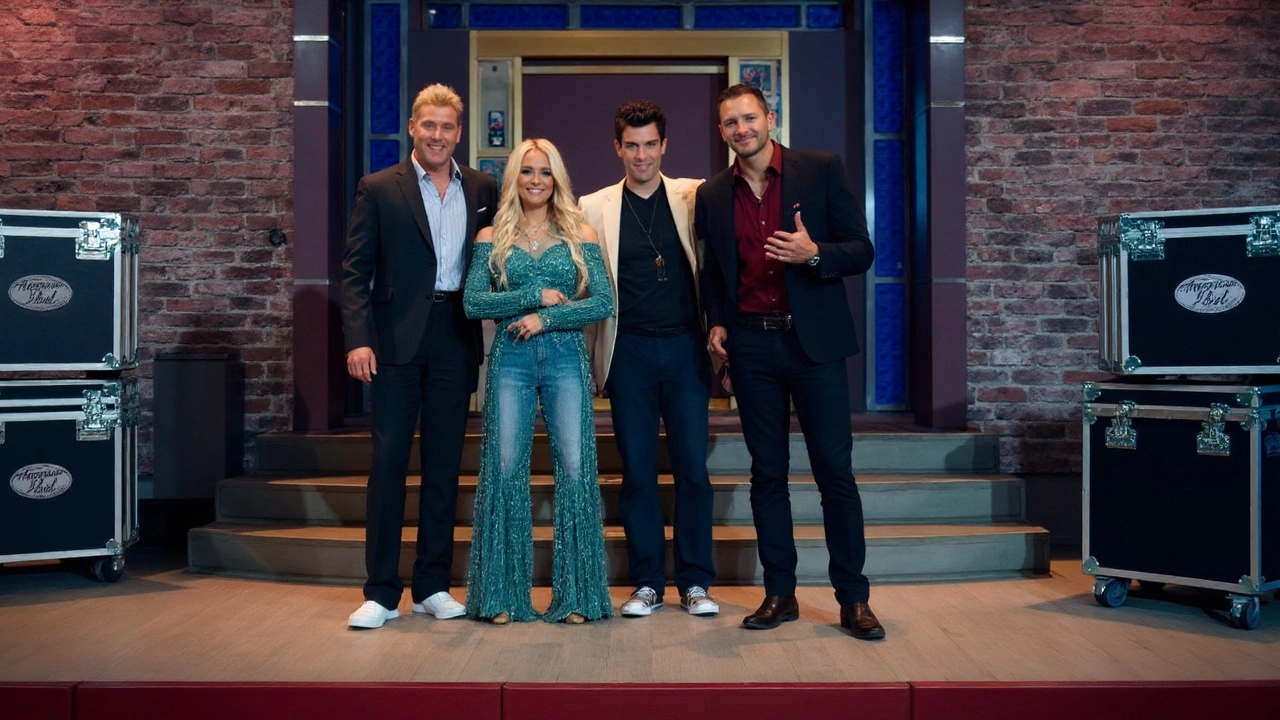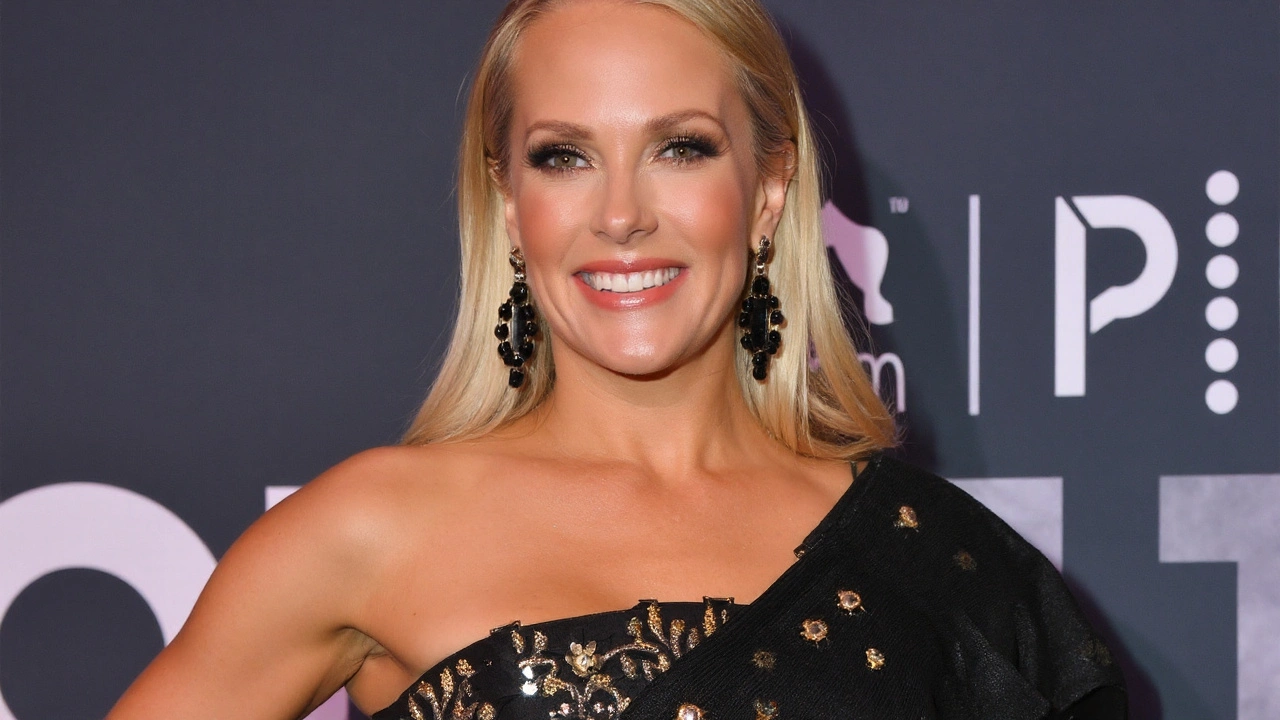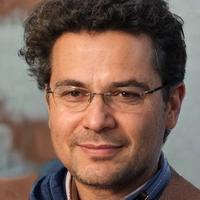
Class is back in session: Idol keeps its trio for 2026
Class is back in session. That’s how American Idol framed the news that its judges—Luke Bryan, Carrie Underwood, and Lionel Richie—are all returning for American Idol Season 24, set to air in 2026 on ABC with streaming on Hulu. The show revealed the lineup in a cheeky YouTube promo styled as “Idol University,” with each judge playing a professor role to match the back‑to‑school season.
In the clip, Bryan leans into the bit as the self-described “professor of fun,” Richie promises the “professor of positivity” is back, and Underwood invites hopefuls to “sign up for my class.” The tone was light, but the message was serious: Idol is sticking with a panel that clicked last season and drew solid fan response.
This will be the second year of this exact trio. Underwood joined the judges’ table in Season 23, stepping into the spot Katy Perry once held. Bryan and Richie have anchored the panel since ABC rebooted the franchise in 2018, bringing a steady mix of country instincts and pop-soul wisdom to the early rounds and the live shows.
Underwood’s move from winner to judge closes a neat loop. She won Season 4 back in 2005 and went on to stack up stadium tours, multiplatinum albums, and multiple Grammys. Her feedback last season cut clean—song choice, storytelling, breath control—and contestants listened. Armed with a working artist’s view of touring, recording, and the pressure that comes with a hit, she tends to push singers to be ready for real-world stakes, not just TV moments.
Bryan, a two-time CMA Entertainer of the Year, has become the panel’s morale engine. He spots tone, pitch, and stage comfort right away, but he’s also the one who coaxes a shy singer into a bigger performance. Richie, a Hall of Famer with decades of hits, drills phrasing and emotional clarity. When he says “make me believe you,” the room gets quiet. That three-lane approach—craft, confidence, and connection—was the heartbeat of Season 23.
The Seacrest question came up as it always does. The press materials focused on the judges and didn’t name Ryan Seacrest, but he has hosted the show since its 2002 debut and is widely expected to keep the job. He’s the connective tissue from the first auditions through the finale, and his steady presence is part of why Idol still feels like Idol even as the format tweaks around the edges.
Season 23 ended with Jamal Roberts, a PE teacher and father of three from Mississippi, winning the title. His final performance—Tom Odell’s “Heal”—was raw and well-timed, the kind of closer that lands votes in the last hour. Stories like his are why the franchise still draws a broad audience: the arc from small-town talent to national stage still hits.

How to get on the show: dates, process, and what producers want
The hunt for next season’s cast starts August 26, 2025, with the return of Idol Across America, the live virtual audition program that took off during the pandemic and never left. Instead of waiting for the show’s audition buses to roll into town, singers can book time slots to sing live on video with Idol producers from anywhere in the U.S. The format opens the door to anyone with a decent internet connection and a quiet room.
The first big moment on the calendar is a “First 900” VIP event on August 26—an early shot for a limited group to be seen. After that, the show rolls through region-focused dates into September. ABC and Hulu flagged these key sessions for the first open calls:
- East Coast: September 12
- South: September 15
- Midwest and West Coast: September 18
Idol says the search covers all 50 states and Washington, D.C., and there will also be open calls available worldwide for eligible singers who meet the show’s rules. Age ranges shift a bit year to year, but Idol typically looks for singers roughly between 15 and the late 20s. Final eligibility is set by the official guidelines, so would-be contestants should keep an eye on the fine print when sign-ups open.
What happens if you get through the producer round? If the show follows its normal rhythm, the next steps are the on-camera auditions with the judges, then Hollywood Week and the Showstopper round, before narrowing the field for the live shows. The taping schedule isn’t public yet, but historically those middle rounds land in the early part of the year, with live episodes arriving later in spring.
Producers say they care about tone and pitch, sure, but they are also building a TV season. That means they want range—genres, personalities, and stories that feel different from one another. A blues singer who can torch a standard. A pop belter who can handle up-tempo hooks. A country storyteller who can sell a verse with two notes and a look. If you’re wondering whether your lane fits, it probably does if you know who you are.
Audition days can be stressful. A few practical tips help:
- Pick a song that shows what makes your voice unique in under a minute. Don’t wait for the big note at the 90-second mark.
- Have a second song ready that contrasts the first—tempo, genre, or vocal texture.
- Test your tech: stable internet, decent lighting, camera at eye level, and a quiet space.
- Warm up, then relax your shoulders and jaw. Tension reads on screen and in your tone.
- Be yourself. Producers remember the person who knows their story and keeps it simple.
Idol Across America changed the math on access. When the show launched on Fox in 2002, huge lines wrapped around stadiums. In 2020, the virtual system took shape so the show could keep casting during lockdowns. It turned out to be efficient and fairer to people far from major audition cities. That’s why it’s still here years later.
Behind the scenes, the judges’ mix affects the kind of talent the show attracts. Underwood tends to draw country, pop, and powerhouse vocalists who see a path from the stage to arenas. Bryan’s fanbase pulls in contemporary country, but also singer-songwriters who grew up on Nashville radio. Richie attracts soul and R&B stylists, plus pop vocalists who care about phrasing and feel. The overlap is where the show finds surprises—roots voices who can cross into pop, or pop singers who can slide into Americana and make it work.
The franchise itself has shifted with the times. Clips from auditions and live shows get heavy traction on social platforms. That matters for contestants: a performance that pops online can change everything overnight, whether you win the season or not. The Idol path has always been about exposure and momentum. These days, the clip that hits your For You page can be the spark.
As for the format, don’t expect the show to reinvent itself. Idol will keep the core beats that work: heartfelt auditions, a high-pressure Hollywood Week, a Showstopper cut, and live episodes that mix current hits with classics. The production leans on theme nights that give singers room to be strategic—picking songs that show skill, taste, and growth in front of a voting audience.
There’s also the bigger context. The Voice and other talent shows crowd the field, but Idol still carries the legacy of launching careers—Kelly Clarkson, Carrie Underwood, Jennifer Hudson, Adam Lambert, and more. The ABC era has been about modernizing that pipeline while hanging onto the emotional core: regular people, real stakes, and the weekly build from almost-ready to ready.
The “Idol University” rollout speaks to that mission. It’s playful, sure, but the framing is honest: the show is a crash course in what a modern recording career looks like. You’ll learn how to pick songs, work a camera, take notes, fix what isn’t working, and make choices that tell the audience who you are in 60 seconds. Not bad for a semester.
With auditions set to start in late August 2025, the runway to 2026 is clear. The judging panel is locked, the search window is open, and the franchise has a fresh champion in Jamal Roberts as proof the machine still finds voices that cut through. If you’ve been on the fence about trying out, this is the year to put your name on the list and see what happens when the red light goes on.
